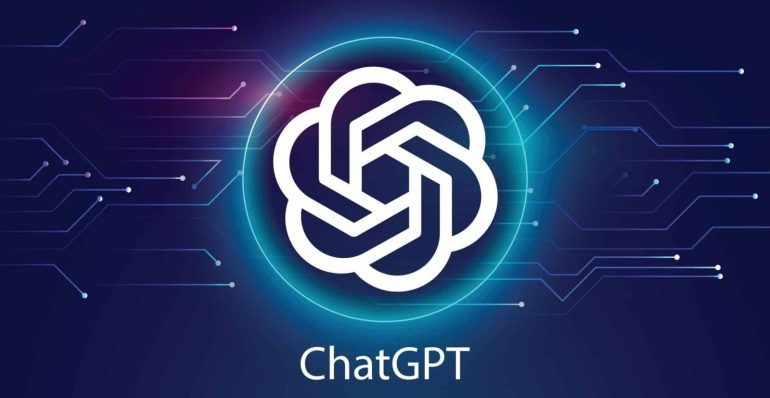- Zico Kolter, a Carnegie Mellon professor, joins OpenAI’s board of directors.
- His expertise in AI safety is expected to strengthen OpenAI’s governance.
- The appointment follows the departure of key figures in OpenAI’s AI safety team.
- Kolter and other notable directors will serve on OpenAI’s Safety and Security Committee.
- His research has exposed vulnerabilities in AI safeguards, emphasizing the need for robust safety measures.
- Kolter also holds roles at Bosch and AI startup Gray Swan, showcasing his industry experience.
Main AI News:
OpenAI has strategically bolstered its board of directors with the appointment of Zico Kolter, a prominent professor and head of the machine learning department at Carnegie Mellon University. Kolter’s deep focus on AI safety positions him as an invaluable addition to OpenAI’s governance structure, particularly as the company grapples with the complexities of ensuring the safe development of AI technologies.
This appointment comes at a crucial time for OpenAI, which has recently seen the exit of several key personnel, including co-founder Ilya Sutskever, who were integral to the company’s AI safety initiatives. The departures, notably from the former “Superalignment” team, were reportedly driven by frustrations over unmet commitments regarding essential computing resources for their work on superintelligent AI systems.
In his new role, Kolter will join OpenAI’s Safety and Security Committee, which includes influential directors such as Bret Taylor, Adam D’Angelo, Paul Nakasone, Nicole Seligman, and CEO Sam Altman, alongside other technical experts. This committee is tasked with overseeing safety and security protocols across OpenAI’s projects, though its insider-heavy composition has raised questions among industry observers about its ability to maintain objectivity.
OpenAI board chairman Bret Taylor expressed confidence in Kolter’s capabilities, stating, “Zico’s extensive technical knowledge in AI safety and robustness will be crucial as we strive to ensure that general artificial intelligence benefits all of humanity.”
Kolter’s impressive background includes his former role as chief data scientist at C3.ai and academic credentials, including a PhD in computer science from Stanford University and a postdoctoral fellowship at MIT. His research, which has revealed vulnerabilities in AI safeguards, underscores the importance of robust AI safety measures. Additionally, Kolter holds positions as the “chief expert” at Bosch and the chief technical advisor at AI startup Gray Swan, highlighting his broad influence in both academia and industry.
Conclusion:
Kolter’s appointment to OpenAI’s board signals a strong commitment to addressing AI safety at a time when the company faces internal challenges and market scrutiny. His presence will likely reassure stakeholders about OpenAI’s dedication to developing safe AI technologies. This move could encourage increased investment in AI safety and governance as companies recognize the importance of safeguarding against potential AI risks. Industry collaboration and expertise will play a critical role in shaping the future of AI development, positioning firms with solid safety measures as leaders in the field.

